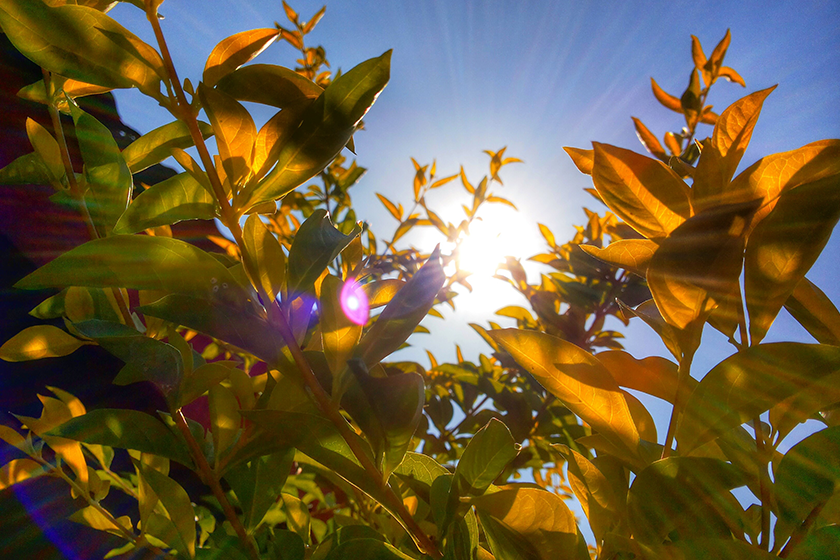Public Health Law Monitoring and Evaluation in a Big Data Future
Law is important to public health. It provides government health agencies with their jurisdiction and regulatory authority. Laws and regulations are routinely used in the name of health to regulate behavior and foster safer environments. More fundamentally, law’s influence in shaping everyday life and the socioeconomic and physical environments in which it unfolds has a powerful impact on both the level and distribution of health. Despite law’s importance, and despite the strong orientation toward scientific evaluation in public health, the study of the impact of laws and legal practices on health (“public health law research”) has been uneven. While research of the highest quality has been sustained in a few areas like auto safety and tobacco control, it has been infrequent or truncated in others, like gun control and HIV/AIDS. The research that has been supported is almost entirely aimed at evaluating deliberate legal interventions. Epidemiological research on unintended health effects of non-health laws has been almost entirely neglected. Overall, the national investment in rigorously separating the laws that help from the laws that hurt has …










